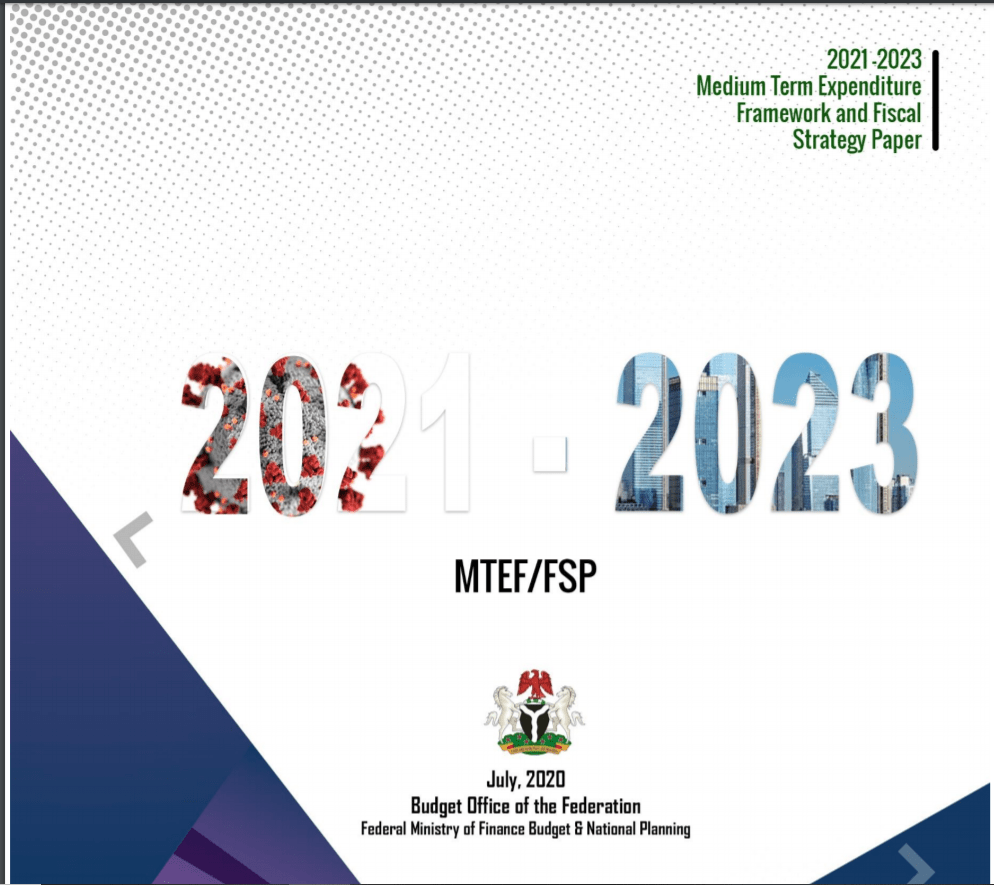Charting the Path towards Affordable Housing in Nigeria
Each time the word housing pops up, especially the challenges that come with owning /acquiring a house, Affordable Housing or Housing Affordability follows as it is one of the major, if not the most severally cited, housing problems in the whole wide world. With a housing gap of 17 to 20 million units and a low estimated homeownership rate of 25%, Nigeria is not left behind in this problem. According to a UN report, Nigeria’s population is about 186 million. Over 60% of these people will be living in urban areas in the coming years, hence needing a long-term plan to make housing accessible and affordable in the country. There are too many obstacles and bottlenecks in the housing sector, including the land use act. In this article, I highlight ways housing can be more accessible irrespective of the sector’s challenges.



